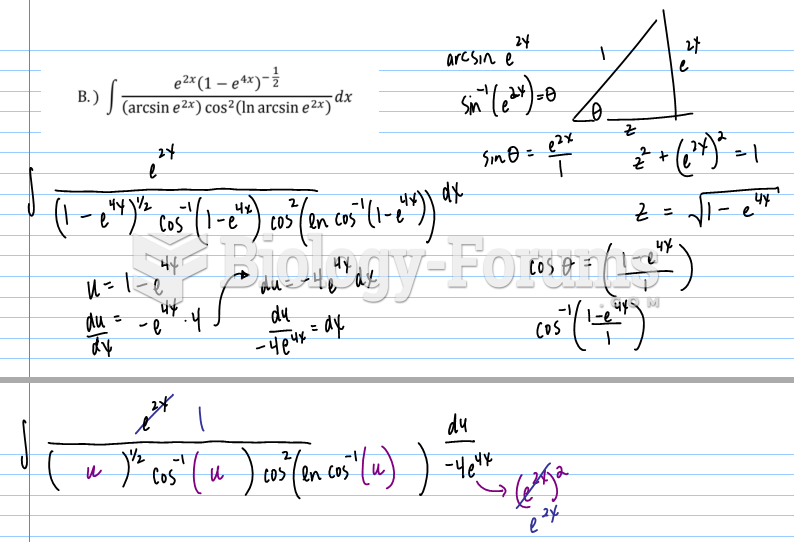Answer to Question 1
Without any clear separation of religion and politics, respect for freedom of
conscience may be difficult if not impossible in Muslim societies. But formal separation of
Church and State is not a prerequisite for democracy, an example such as the UK
confirms.
Lack of equal gender rights in many Muslim societies reinforces non-democratic values,
particularly among men. However, the extent of gender discrimination varies widely
across the Muslim world, meaning it cannot be automatically linked to the religious
doctrines.
It has been noted that Arab societies are far more unlikely to be democratic than non-
Arab Muslim societies. This implies that the lack of democracy in the Arab world cannot
be a function of Islamic religious doctrine per se. The resource curse reflects that oil gives
some Arab rulers powerful incentives to crack down on dissent, in order to remain in
power. However, this factor is inadequate to explain how non-democracy dominates in
the Arab world, even in those regions that do not have oil resources.
The geopolitical explanation claims that the United States and other wealthy countries prefer non-democracy in the Arab world to maintain stable access to oil and prevent a regional war. The weakness of this hypothesis is seen in recent instances of unrest in the Middle East demonstrating that people held their own rulers, rather than the United States, responsible for their political and economic conditions.
Answer to Question 2
Democracy originated in Western Europe, a region powerfully shaped by
Christianity. However, modern democracy took root under the Protestant version of
Christianity as opposed to the Catholic or Orthodox versions, which are prevalent in
southern and eastern Europe. Protestants historically supported religious pluralism,
opposed an official government church, and favored separation of Church and State.
But, church leaders did not always support democracy, as exemplified by Protestant
support for slavery in the United States, the Nazi regime, and the racist regime in pre-
1994 South Africa. Post-1965, Catholicism affirmed individuals' right to religious freedom.
Pope John Paul II (19782005) promoted freedom of worship around the world, helping
to spread the third wave of democratization. But prior to 1965, in predominantly Catholic
countries, the Church frequently allied with governments to promote the official
version of the faith, restricted alternatives, and opposed the idea of freedom of
conscience.







